Bike thief reveals tricks of the trade in this shockingly candid interview
A former bicycle thief reveals exactly how London bikes are stolen and then distributed around the country for sale
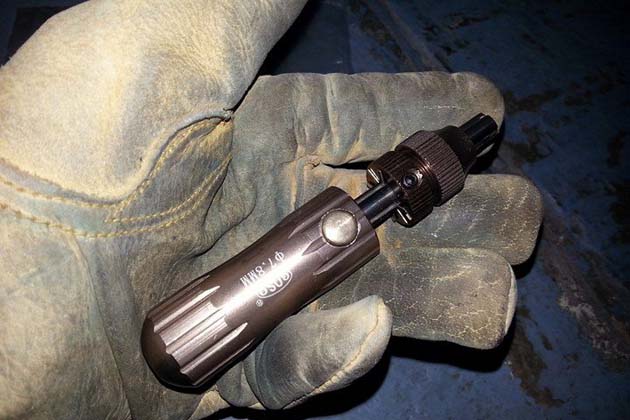
Tubular lock pick
Interview by Richard Cantle, founder of Stolen Ride – London (stolenride.co.uk)
A former bicycle thief has revealed the tricks of the trade in an interview, which clearly and shockingly shows the extent that thieves will go to in order to steal a bike.
He talks about the motivations behind the theft, the tools used to crack locks and how the bikes were moved around and sold for a significant sum. He also gives tips on how to prevent your bike from being stolen.
Some of what he reveals will change your opinion on bike security.
So, you are an ex-bike thief from London? When and why did you begin stealing bikes?
I started stealing push-bikes when I was 16. Motivation was money, bikes are quick and easy money. There were two of us who stole pedal bikes and high-performance motorbikes.
Did you target specific types of bicycles and locations in London? What was the thought process?
Get The Leadout Newsletter
The latest race content, interviews, features, reviews and expert buying guides, direct to your inbox!
High-value bikes were the main targets like Carrera racers, no-logo fixie bikes, Boardman racers and Ridgeback bikes. These were the popular quick sale bikes that were called golds (because of the payback to time value of them).
Bike locations, there is a thing what we would call London rings or hotspots, where bike security seemed to be less of a problem. The more central you got the worse the locks, where people let their guard down more. Going out of London, locks would get better and locations fewer, so the time and effort put in would not be worth it. Borough of Islington, Hackney, West End and the central mile were our hunting grounds. The more CCTV and people the better. People are like sheep, they feel safe and pay less attention when they’re together.
>>> Prolific thief banned from going within 13ft of a bike ever again
At first it was a hit and miss game. Grab the bike and go kind of thing, but as time moved on and we worked out there was money to be made, we stepped up our approach. For example, if it wouldn’t sell for more than £200, it wouldn’t be taken.
How did you steal the bikes? What tools and techniques did you use?
At first it was with basic wire cutters and the average bolt cutters you could buy in somewhere like Homebase. As time went on the tools upgraded to a pair of bolt cutters a friend bought in America for us on his holidays. These were 42-inch high toughened, foldable bolt cutters, which would fit into a rucksack and would cut through any D-bar, or any chain.
Don’t be fooled by Kryptonite locks, they’re not as tough as made out to be. Also D-bars with tubular locks, never use them, they’re the most easy to pick with a little tool. It’s small and discreet, no noise and it looks like you are just unlocking your bike. With the bolt cutters we would go out on high performance motorbikes, two men on a bike.
The pillion would carry the cutters. When we found a bike the pillion would jump off, snip the chain in seconds. 'Boltys' back in the bag, the driver would take the bag and drive off whilst the pillion, who is now on the push bike, would cycle off. We would do this up to five times a night, every weekend.
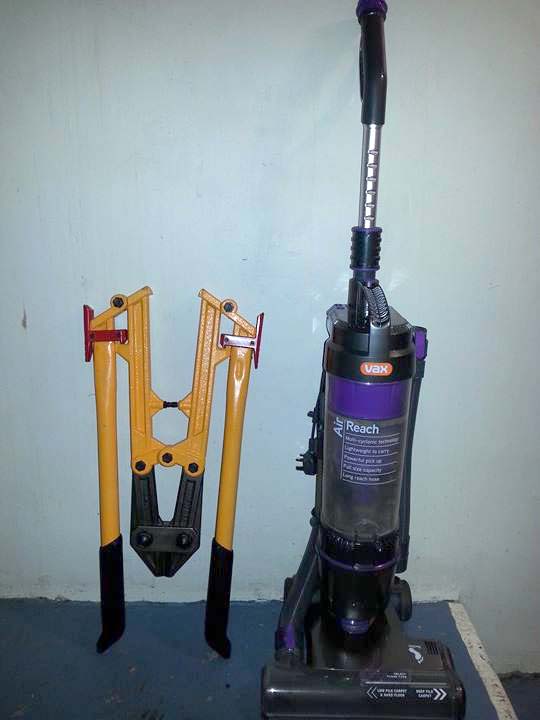
How and who did you sell the stolen bikes to?
Main place at first was Gumtree But the longer you sell, the more people and contacts you would make. At the peak of it we had links all over London - north, south, west and east, Southend-on-Sea, Colchester, Hull and Leicester. The further the bike had to go, the more would be sold in packages. A contact in Southend would pay a lesser price for 10 in one go and would pick up in a van once a month. Bikes were never sold for parts; it’s not worth it - too much time and effort.
How quickly could you sell a bike on and how much would you get on average for each bike?
A bike could be sold in a matter of minutes at the peak of it, to one of many known regular contacts. Longest was around a day. Bikes were never kept at home, they were always locked back up on the street. Somewhere, even outside police stations locked up. If the police ever raided your house then no goods would ever be found.
Was stealing and selling bikes full-time for you? How many bikes would you steal each month?
No, I worked as a full time forklift driver, but the money was barely enough to pay bills and rent. You can’t live on today’s minimum wage.
>>> This Kickstarter campaign has a very clever way of stopping your wheels being stolen (video)
The prices work out at half the retail value of the bike in the shop. So a £1000 bike would be sold for £500, to a person on Gumtree, or if it was to a regular link then £400. We would work Thursday, Friday and Saturdays as soon as it was dark. Police are extra busy dealing with drunks at these times. We would get on average 10 bikes a weekend.
Did you ever steal to a specific request or demand? Did you watch certain cyclists and bikes for a period before the theft?
No, that makes it long; we would literally go out on the motorbike into central and just pick bikes up anywhere. Front of tube stations, bike racks, metal fences, underground car parks, bike parks, etc.
From the moment you pull up, to the moment the bike is cut and bolt cutters are back on the motorbike would be 10 seconds at the most, so no one really knew what was going on, almost I imagine like you have to question yourself like, did I really just see that?
No one ever confronted us or said - what are you doing?
Were you ever put off stealing certain bikes? Was it due to location or security measures?
CCTV was not a put off. We had helmets on so we couldn’t be identified (well, we thought so at least). Location didn’t matter, we were young and reckless, and we didn’t care about security or people. If it went wrong, just get back on bike and go.
Did the owner of the bike ever cross your mind? Did you feel guilty?
Yes all the time, I’m not going to say I was a cold, heartless guy. The victim crossed my mind a lot, but it’s a dog-eat-dog world when I was in that position. I did feel sorry for the victim and how they felt, but money makes you do things you shouldn’t be doing.
How can you live in a world and try to teach kids the right way of life when they’re surrounded by rich, lawless thugs and poor, normal people who work and stick by the law, but can’t afford clothes on their back because of the cost of living. It’s like cost of living was and is still going up, but wages are going down? No one can give an answer for that.
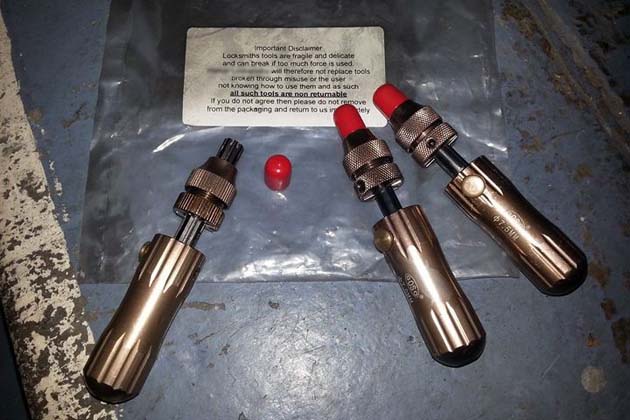
Why did you decide to stop stealing bikes? Was it something specific that made you stop?
I got greedy and got caught - money goes to your head eventually. We were chased by police and a helicopter one time after a move went wrong. We were at a set of lights and several cop cars pulled up, we managed to duck and leave the motorbike, but the helicopter was already above.
We were sentenced to 18 months in young offenders at the age of 20. I spent my 21st, Christmas and New Year in jail and I’m not going to lie, that was heart-breaking to not be with family, the kids or even just at home during these times of the year.
I learned that my family is more important than having designer clothes on your back or expensive trainers, or loads of money. It all hit me the minute that judge said them words and I saw my mum, my misses of three years break down in court. My mum was a strong woman and that was the first time I saw her cry out of pure love, she wasn’t mad, she wasn’t angry, she understood that times were hard.
I let them down and I knew my mum was crying because she felt like she hadn’t done a good enough job of raising me. My old man never once stepped foot in court and that’s for the same reason of him feeling ashamed. And that is the worst feeling to know that I let the man I look up to down. I felt ashamed.
Watch: Five commuting tips
How would you prevent your own bike becoming stolen? What are your top tips?
Never use a chain, they’re too easy to snip. Use a small D-lock on front and back wheels. If your lock can be moved about that means the thief’s bolt cutters can get around them, at the right angle they won’t. Stiff D-locks are hard to snip because you need the right angle on the cutters to get the force to close them.
What can the police and authorities do, in your opinion, to help cyclists protect their bikes? Who has a responsibility to help?
Police I feel can’t really do anything these days, unless they catch you physically cutting a chain. Too many human rights.
Bike serial numbers can be so easily shaved off, filed and painted over. Serial numbers need to somehow be made more tamper proof and a bike register needs to be put in place, a bit like cars I think. Only way I see is to get your bike sprayed with a special smart water device which is invisible and is basically like a DNA code on your bike and can only be seen under UV lights.
Trackers, yes, they were a worry, but that is why we kept them on the street, if they were found the police would simply just take it back. Secure parking is the worst for putting your bike in. So quiet you can spend time in a secure parking lot without causing suspicion.
Is there anything else you would like to share?
Just trying to give a little back to society, I took so much; it’s the least I can do. I’m sorry to the people whose bikes we took, but times were hard back then and unless you been there yourself, I don’t think that you would understand, but I am truly sorry.

Thank you for reading 20 articles this month* Join now for unlimited access
Enjoy your first month for just £1 / $1 / €1
*Read 5 free articles per month without a subscription

Join now for unlimited access
Try first month for just £1 / $1 / €1
Henry Robertshaw began his time at Cycling Weekly working with the tech team, writing reviews, buying guides and appearing in videos advising on how to dress for the seasons. He later moved over to the news team, where his work focused on the professional peloton as well as legislation and provision for cycling. He's since moved his career in a new direction, with a role at the Department for Environment, Food and Rural Affairs.
-
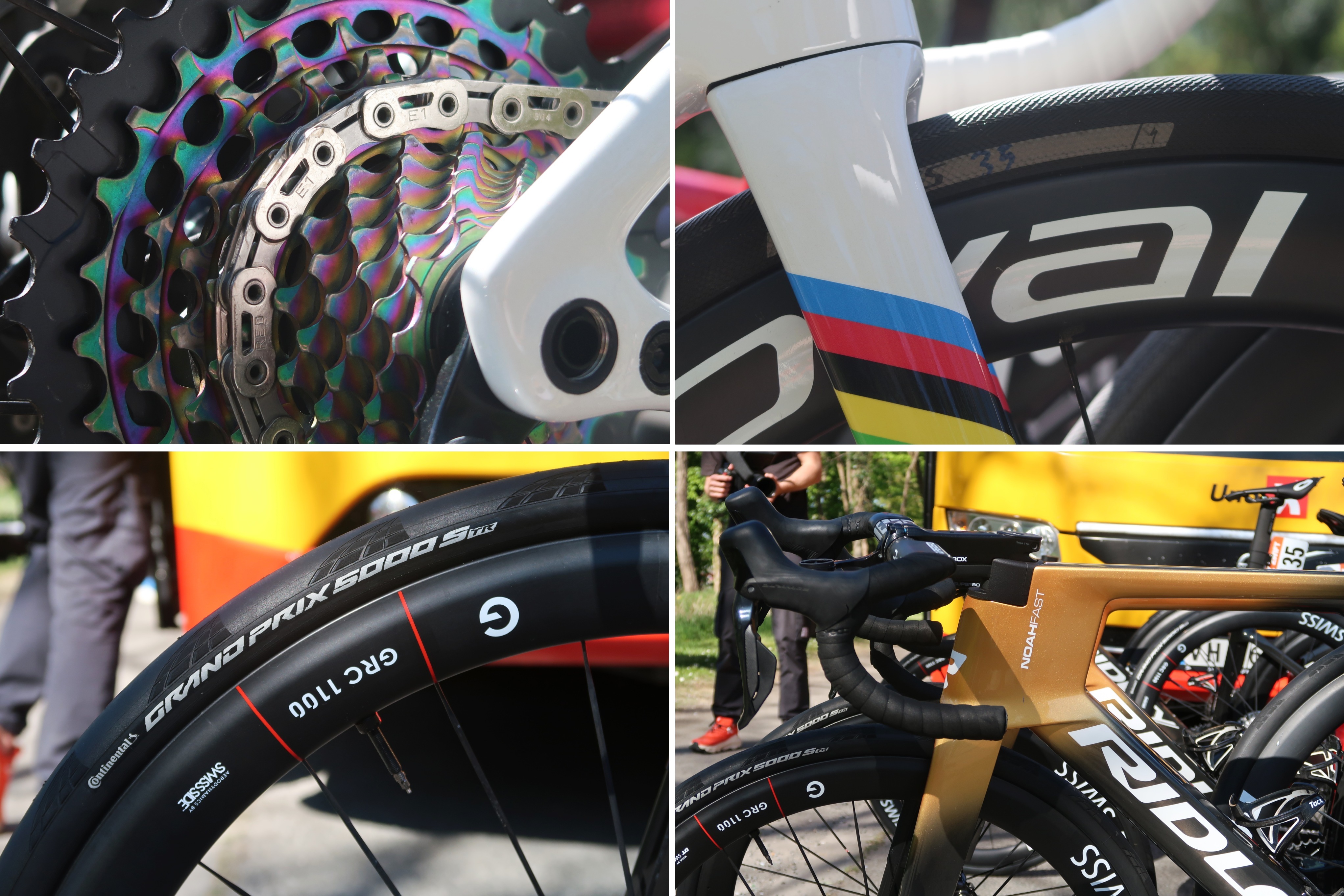 Aero bikes with gravel wheels?: Six tech insights from Paris-Roubaix Femmes
Aero bikes with gravel wheels?: Six tech insights from Paris-Roubaix FemmesEverything we found out about tyre widths, self-inflating systems, and wheel choices from the cobbled Monument
By Tom Davidson Published
-
 'This race is absolutely disgusting': Peloton reacts to another brutal Paris-Roubaix Femmes
'This race is absolutely disgusting': Peloton reacts to another brutal Paris-Roubaix FemmesNow in its fifth edition, Paris-Roubaix Femmes is still a tough race, even for the best bike riders in the world
By Adam Becket Published
-
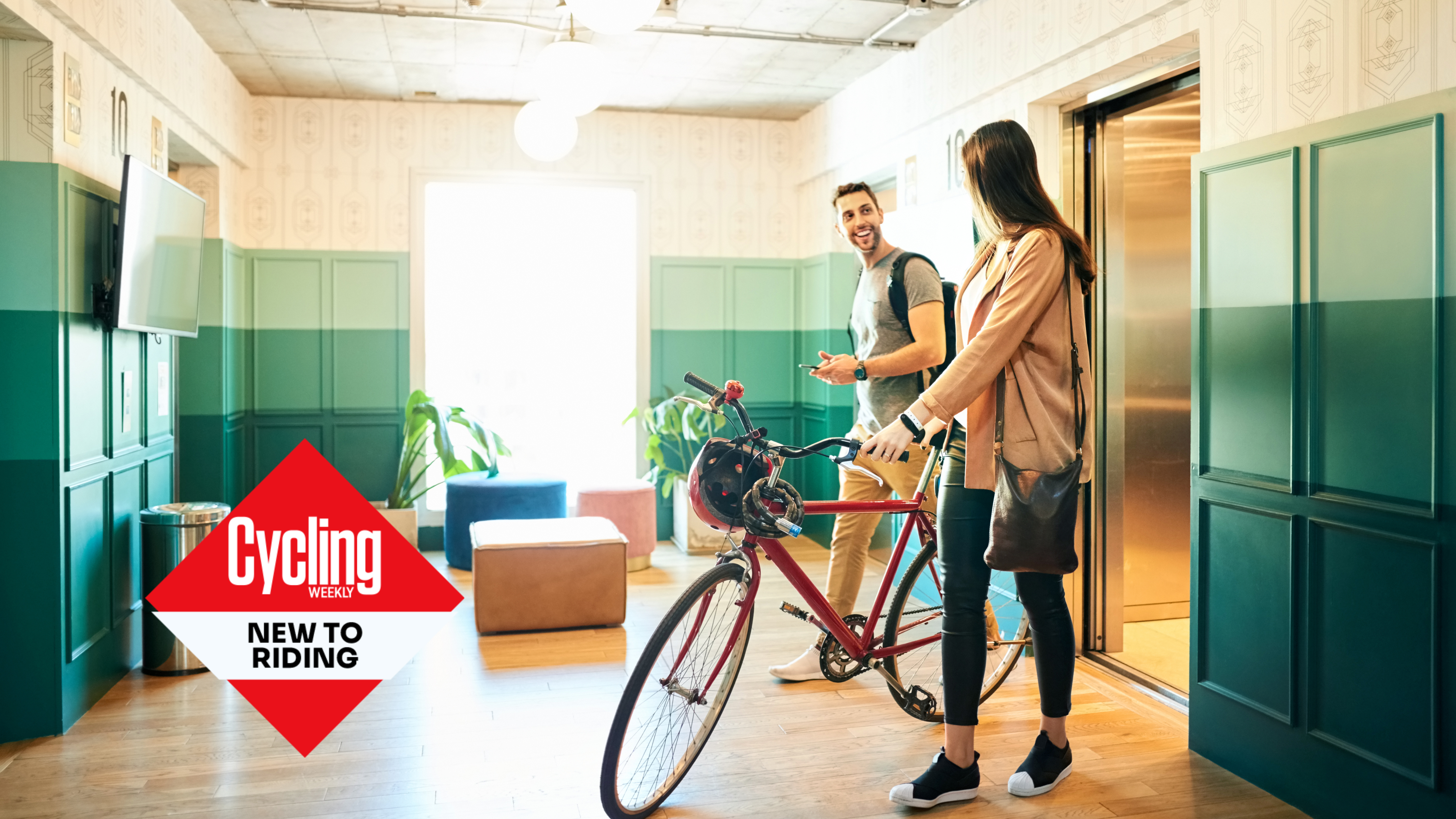 How the Cycle to Work Scheme works: The tax-free way to get a new bike
How the Cycle to Work Scheme works: The tax-free way to get a new bikeThe Cycle to Work scheme has now been going for over 20 years but it still gives a chance to save cash
By Hannah Reynolds Published
-
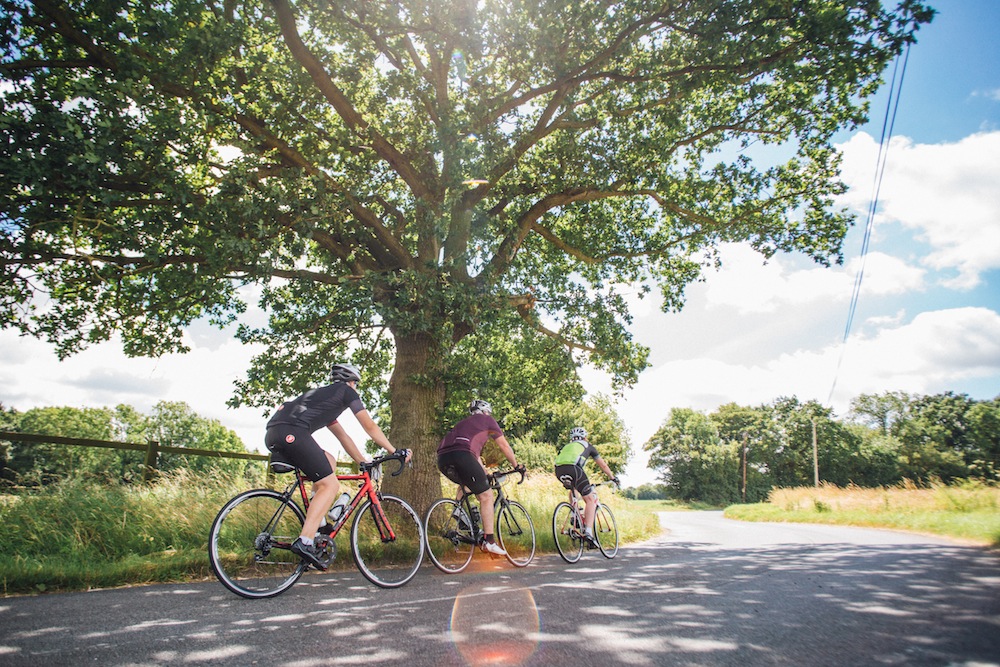 Number of people cycling in England has decreased over the past year, finds survey
Number of people cycling in England has decreased over the past year, finds surveySport England 'Active Lives' survey shows a drop in the number of people cycling
By Nigel Wynn Published
-
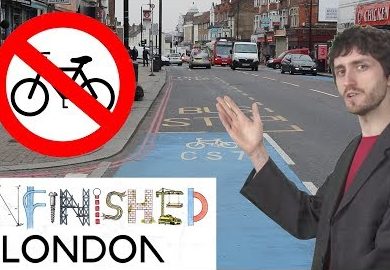 Watch: Comedian's film about cycling in London is an internet hit
Watch: Comedian's film about cycling in London is an internet hitComedian and singer Jay Foreman turns the attention of his 'Unfinished London' video series to look at why more people don't cycling in Britain's capital
By Nigel Wynn Published
-
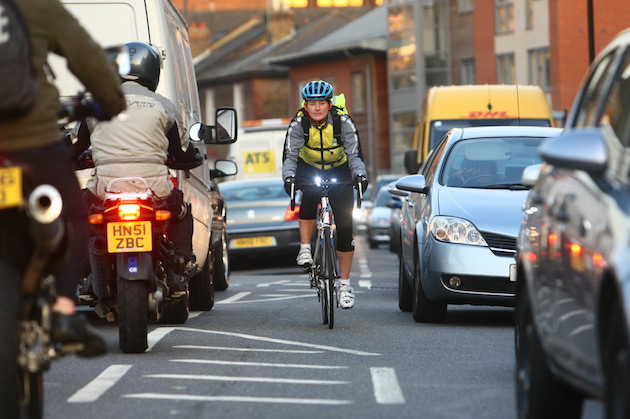 Increase in Scotland's bike use is 'start of a cycling revolution'
Increase in Scotland's bike use is 'start of a cycling revolution'Transport Scotland statistics released this week show that the use of cycles increased in 2016, with Cycling UK saying that the figures are encouraging
By Nigel Wynn Published
-
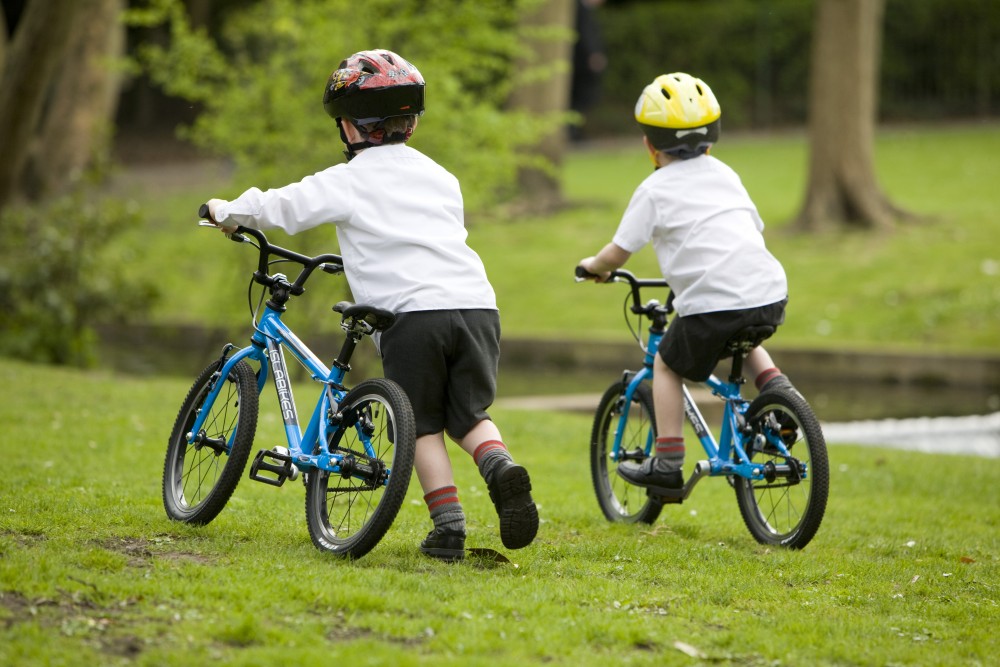 Safety fears are main reason Scottish children don't cycle to school, finds survey
Safety fears are main reason Scottish children don't cycle to school, finds surveyResults of survey conducted by Sustrans Scotland and the Scottish Parent Teacher Council finds that over 42 per cent of parents unsafe cycling routes prevent children from riding to school
By Nigel Wynn Published
-
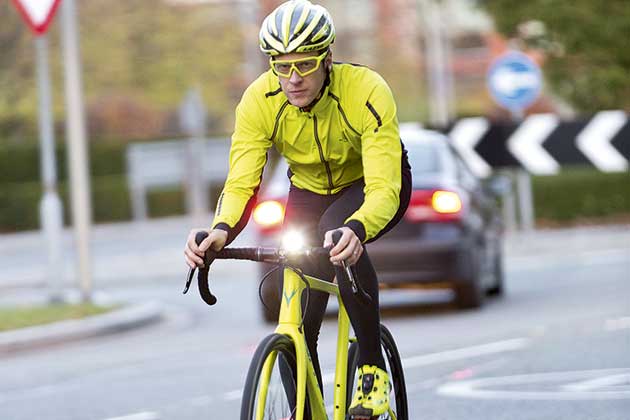 What is the evidence that wearing hi-vis clothing makes you a safer cyclist?
What is the evidence that wearing hi-vis clothing makes you a safer cyclist?Roads minister suggests making bright kit mandatory for cyclists in Britain - but what's the evidence to back up the claim that this could help increase safety?
By Vern Pitt Published
-
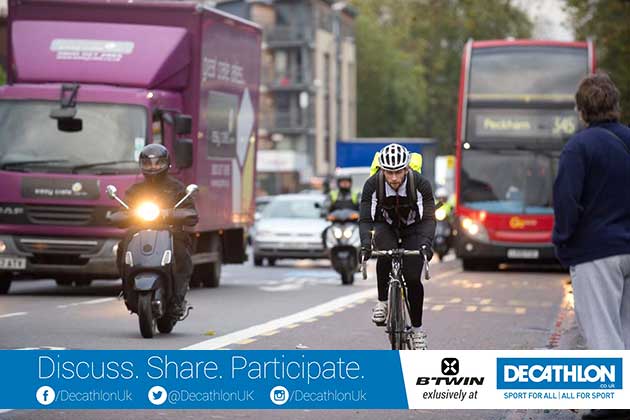 Are Britain’s roads getting more dangerous for cyclists? What can be done about it?
Are Britain’s roads getting more dangerous for cyclists? What can be done about it?With still much to be achieved in improving the safety of Britain's road for cyclists, we asked Cycling Weekly readers what they thought could be done
By Nigel Wynn Published
-
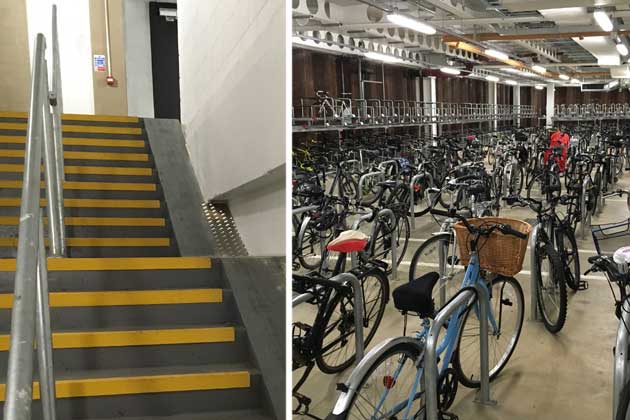 Could this be Britain's most 'useless' cycle park?
Could this be Britain's most 'useless' cycle park?Large cycle park in basement of new building in Cambridge can only be accessed by steep stairs, making it hard for people to get their bikes into it
By Nigel Wynn Published